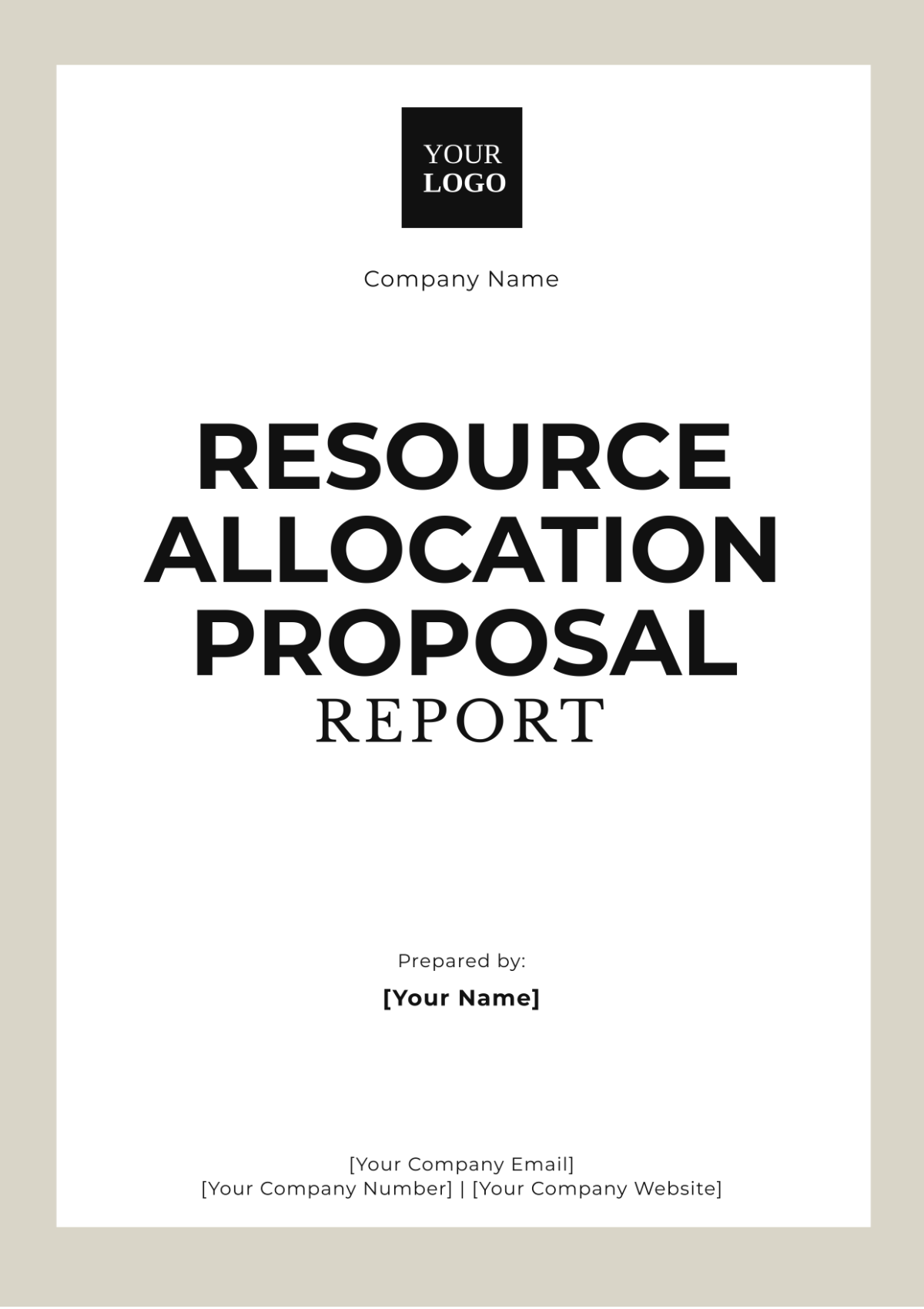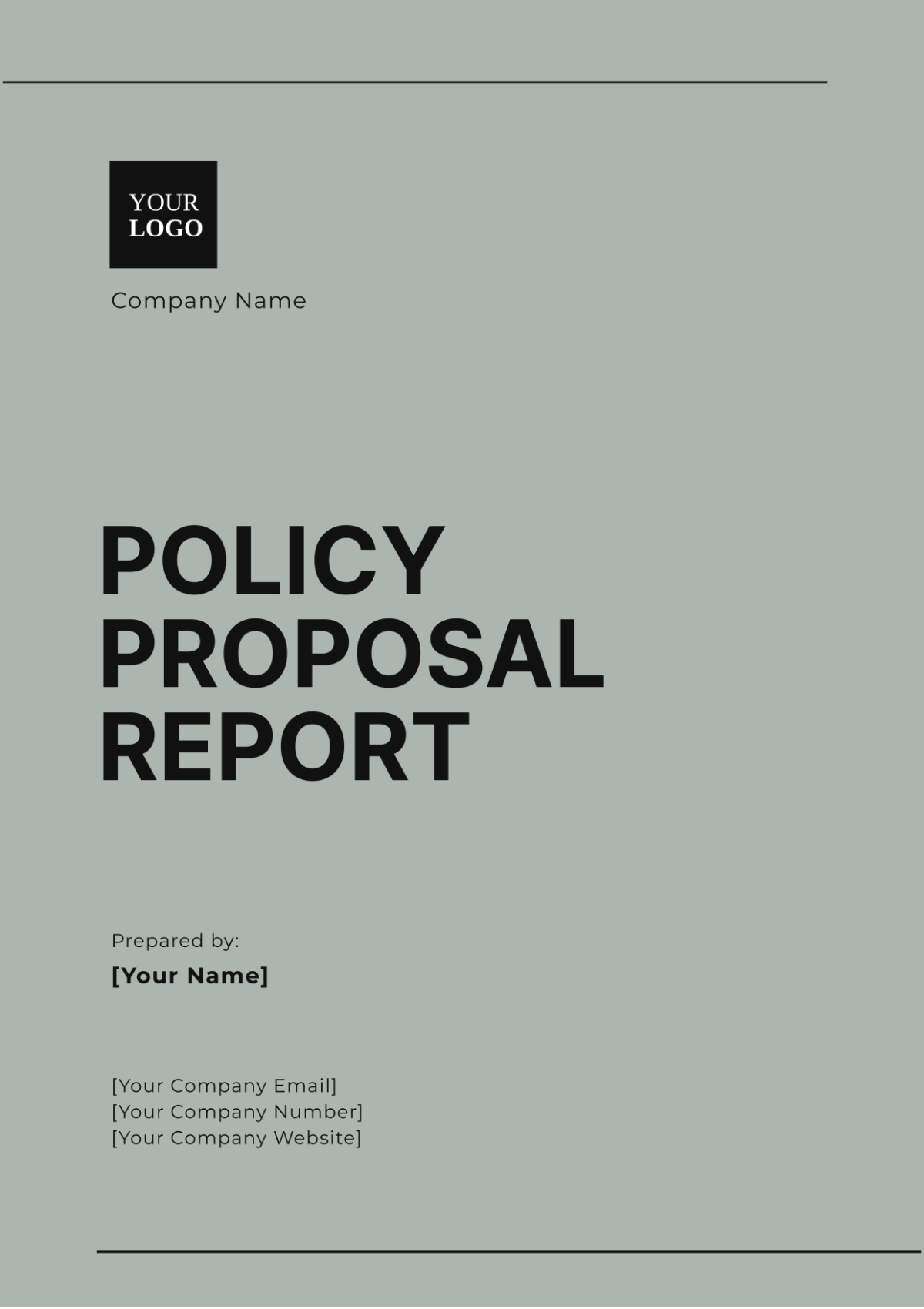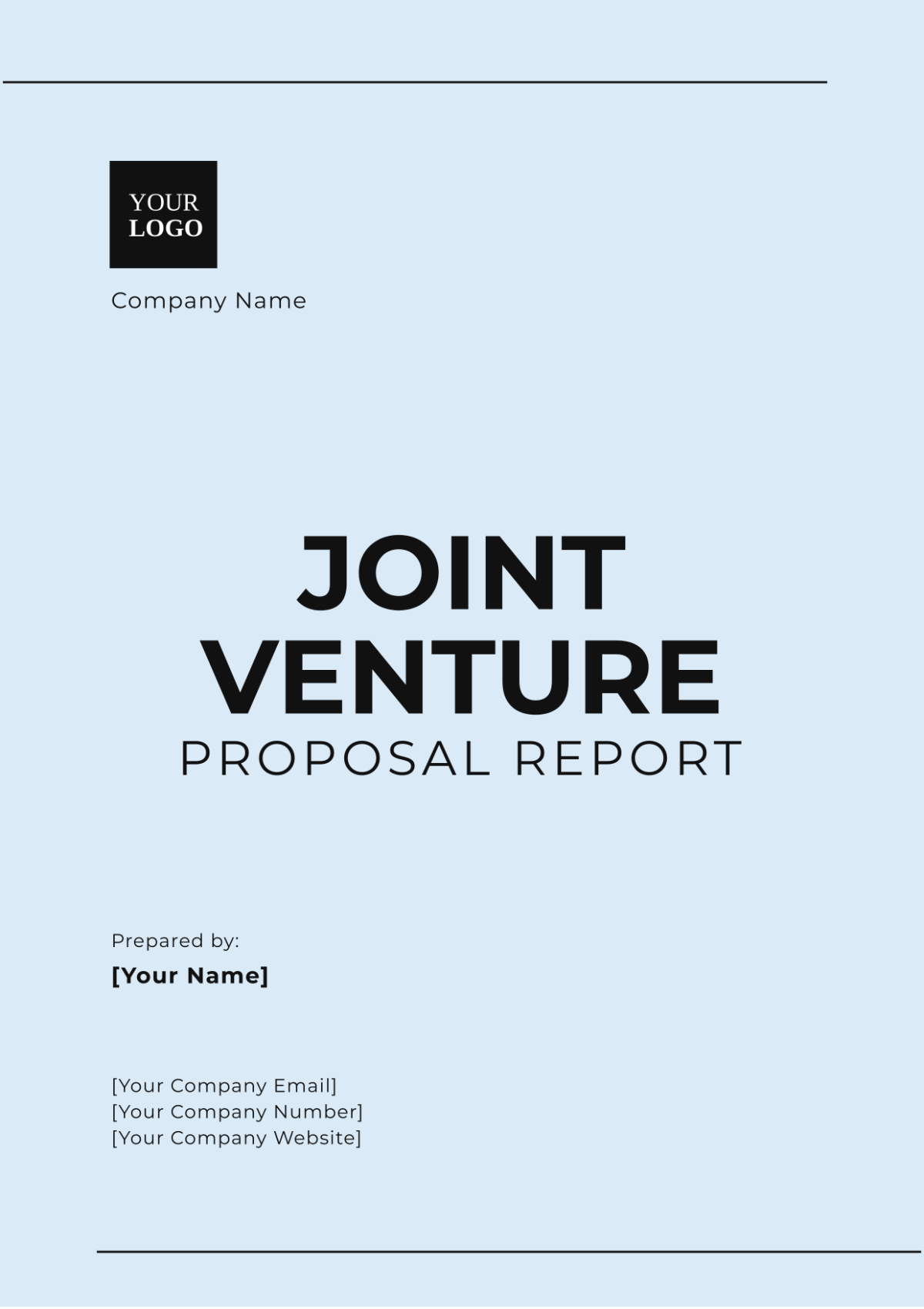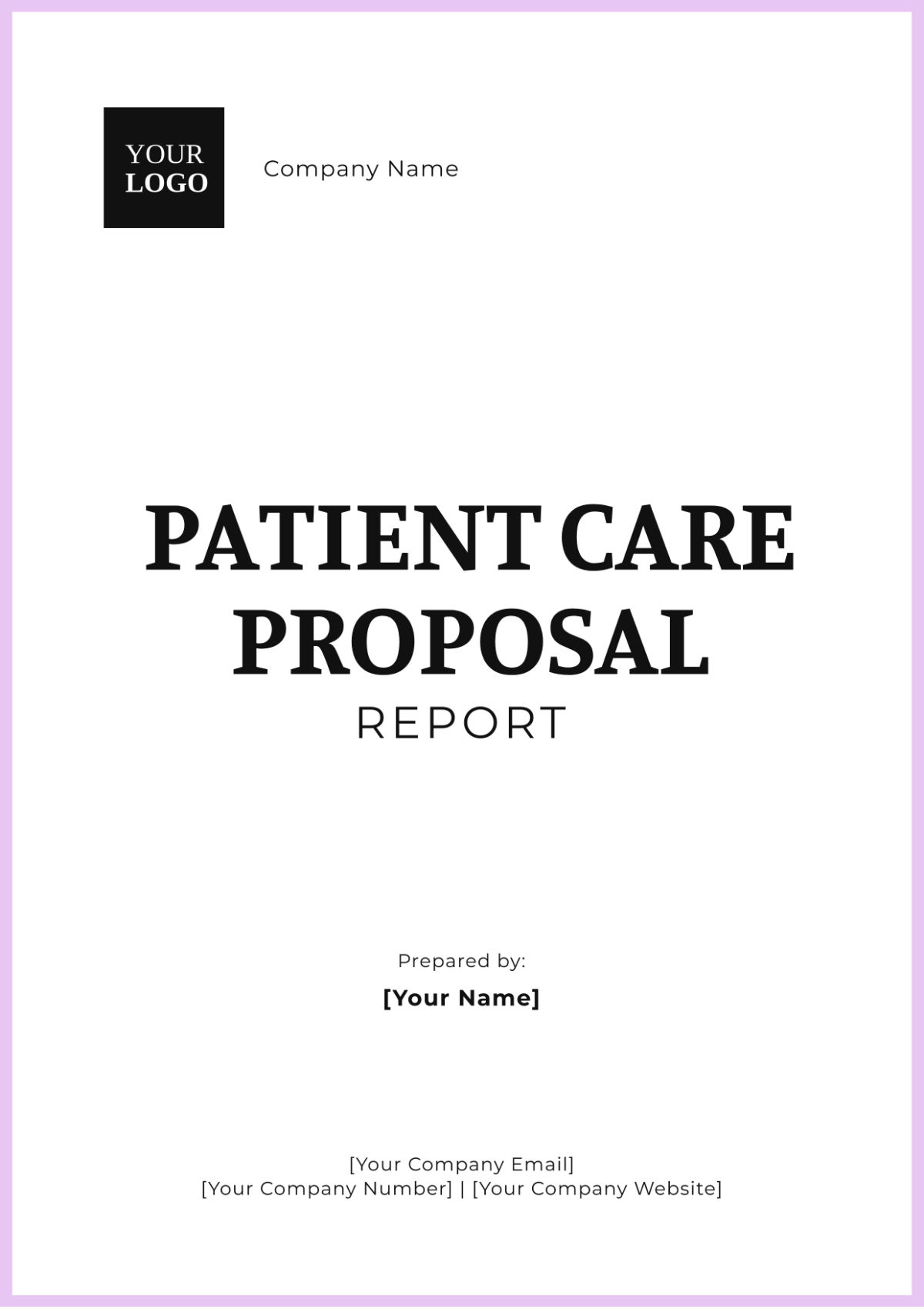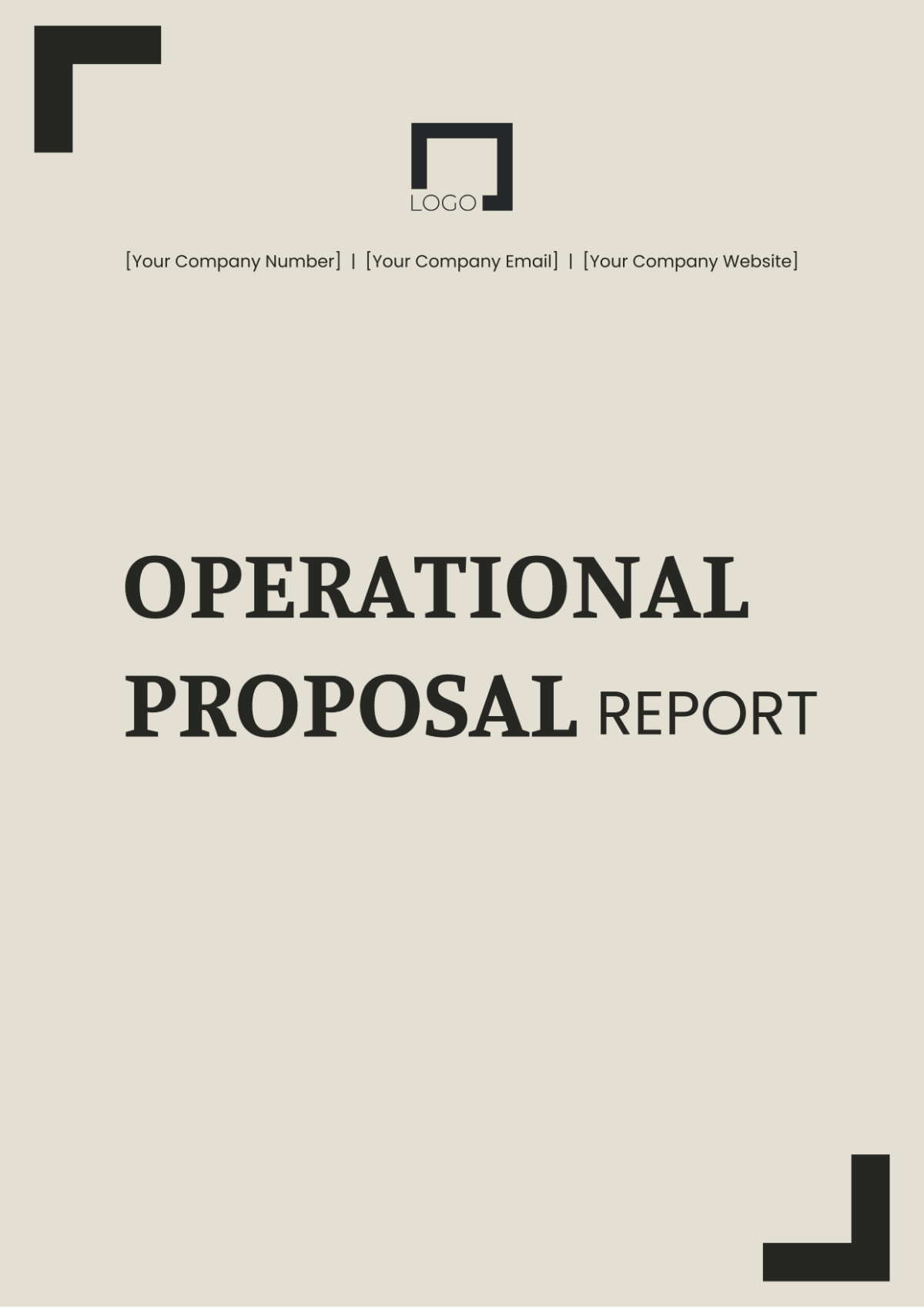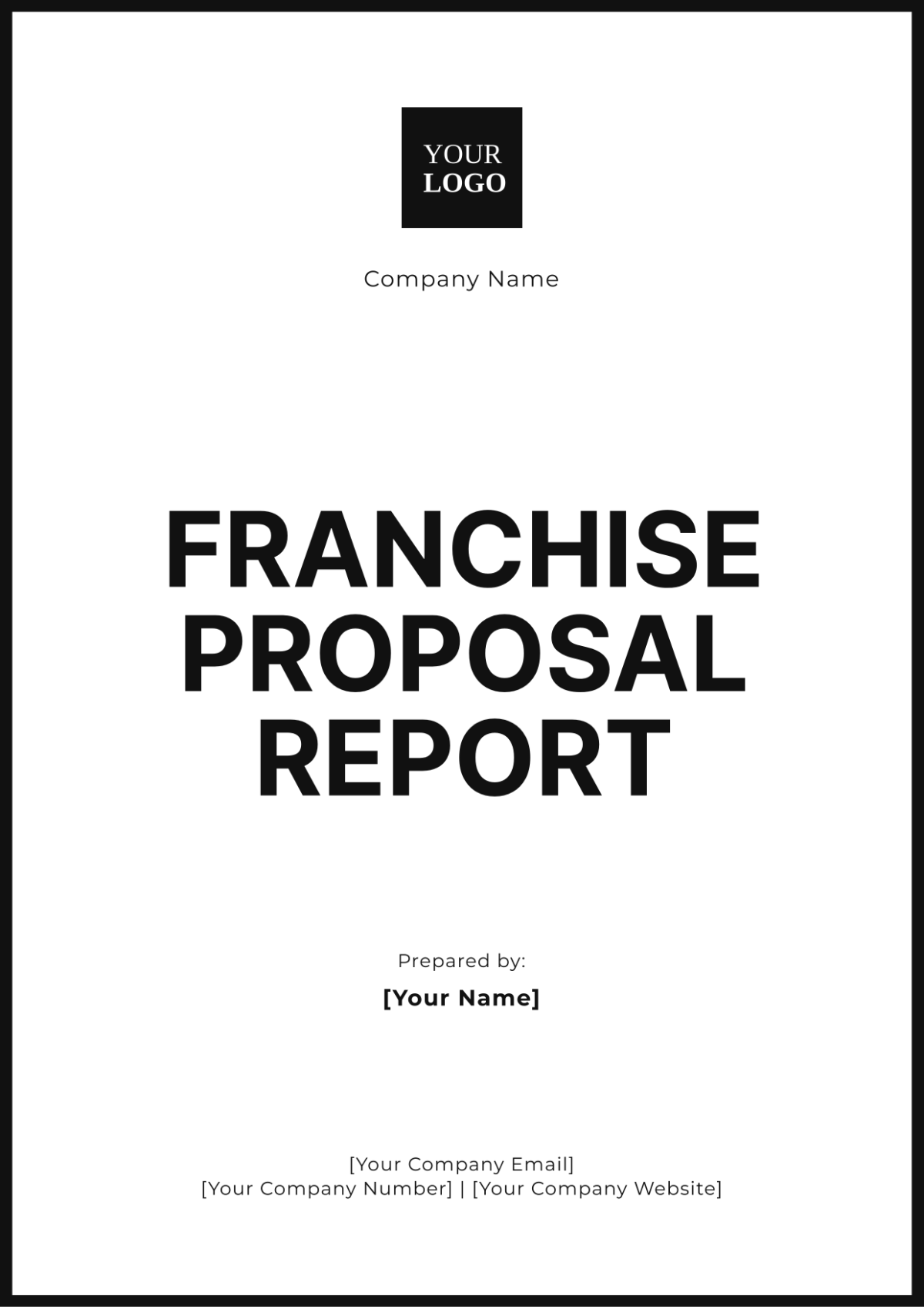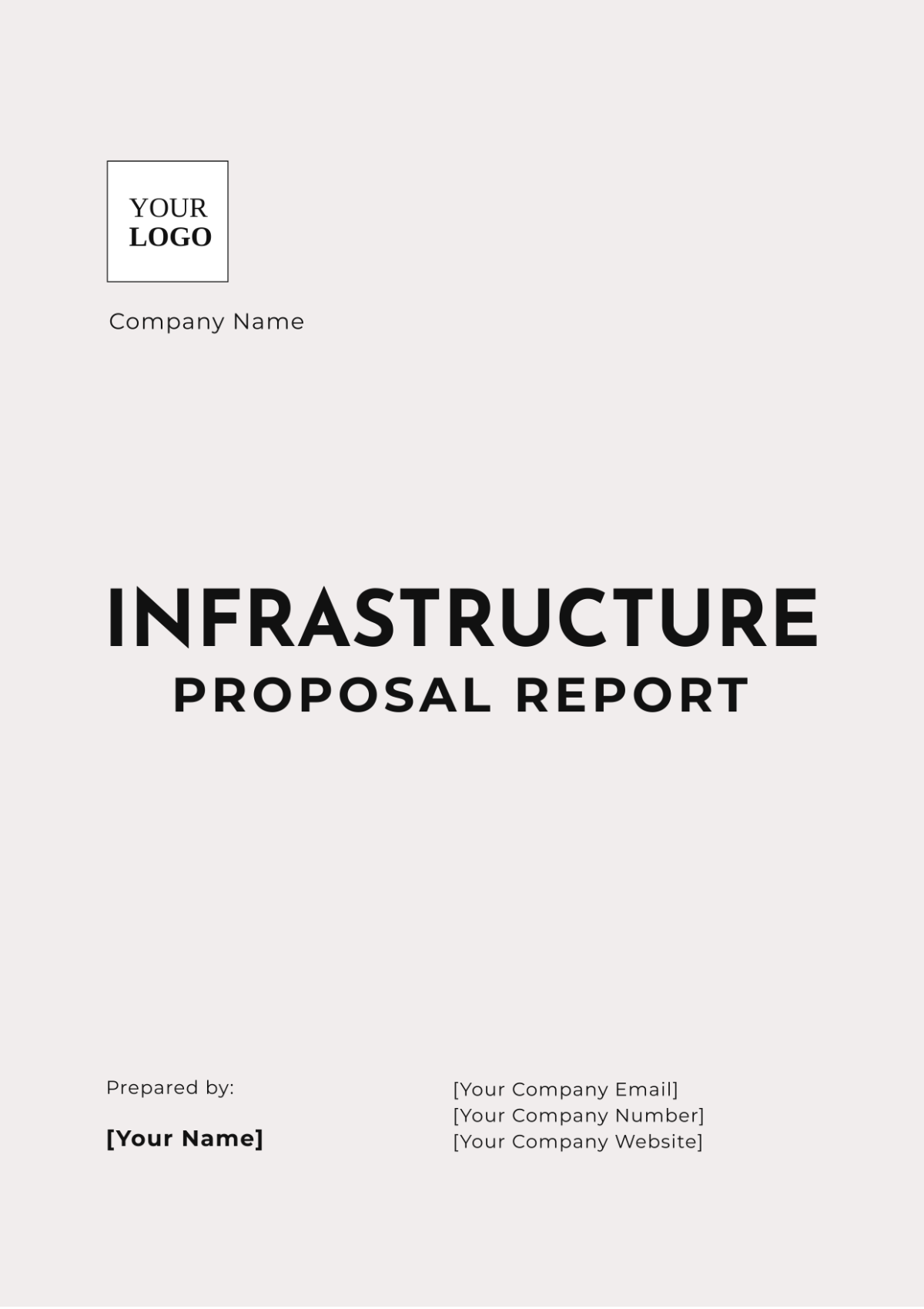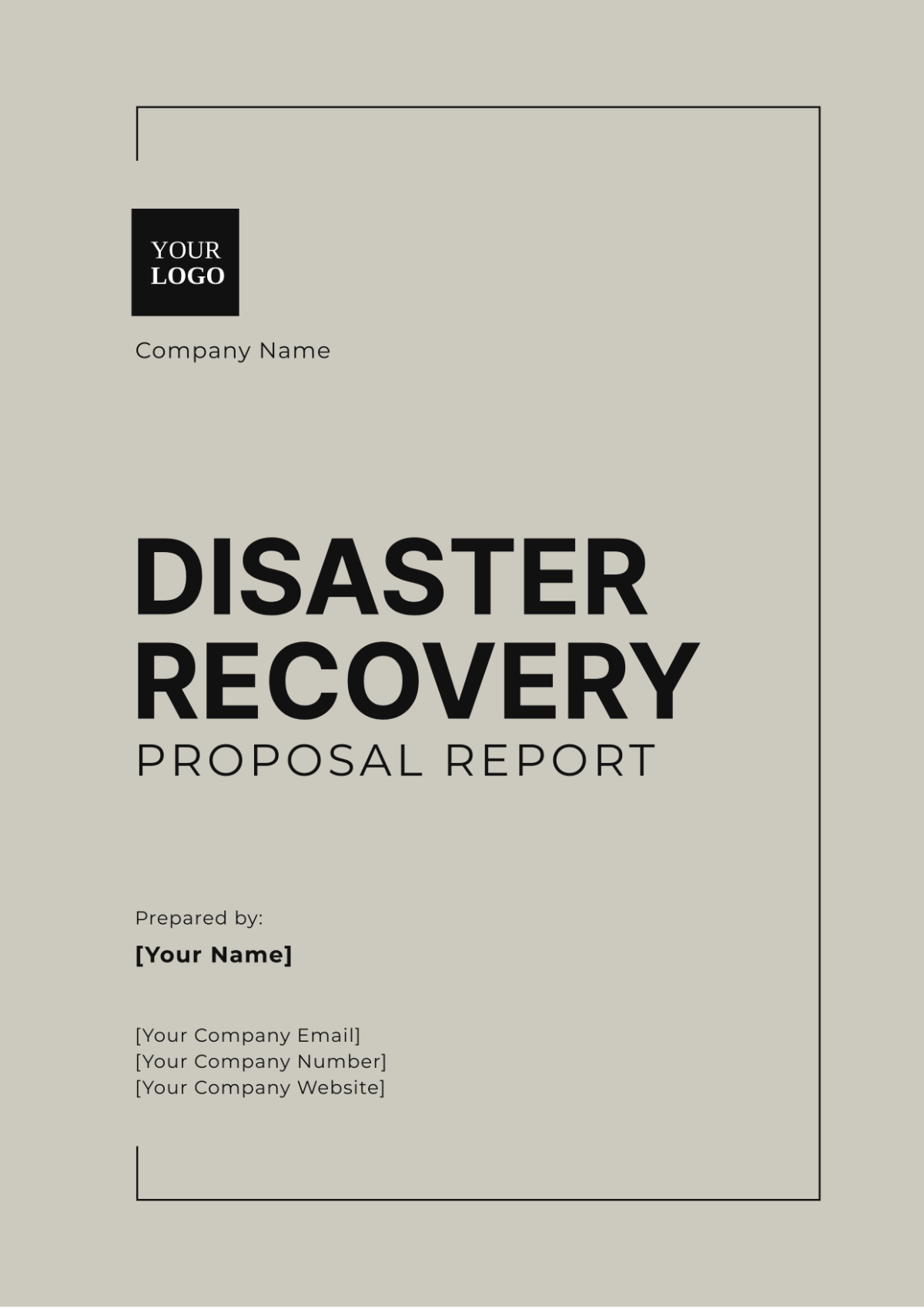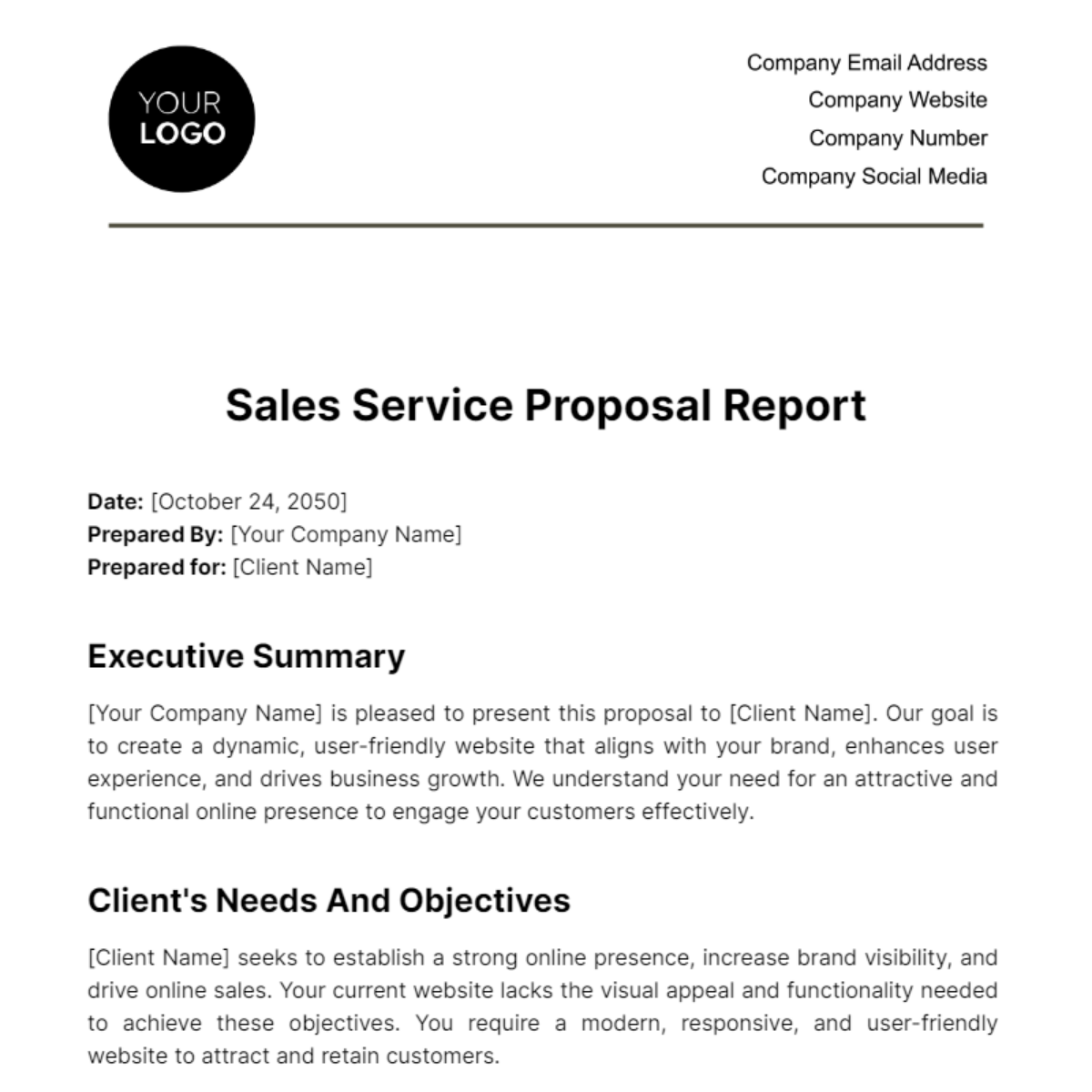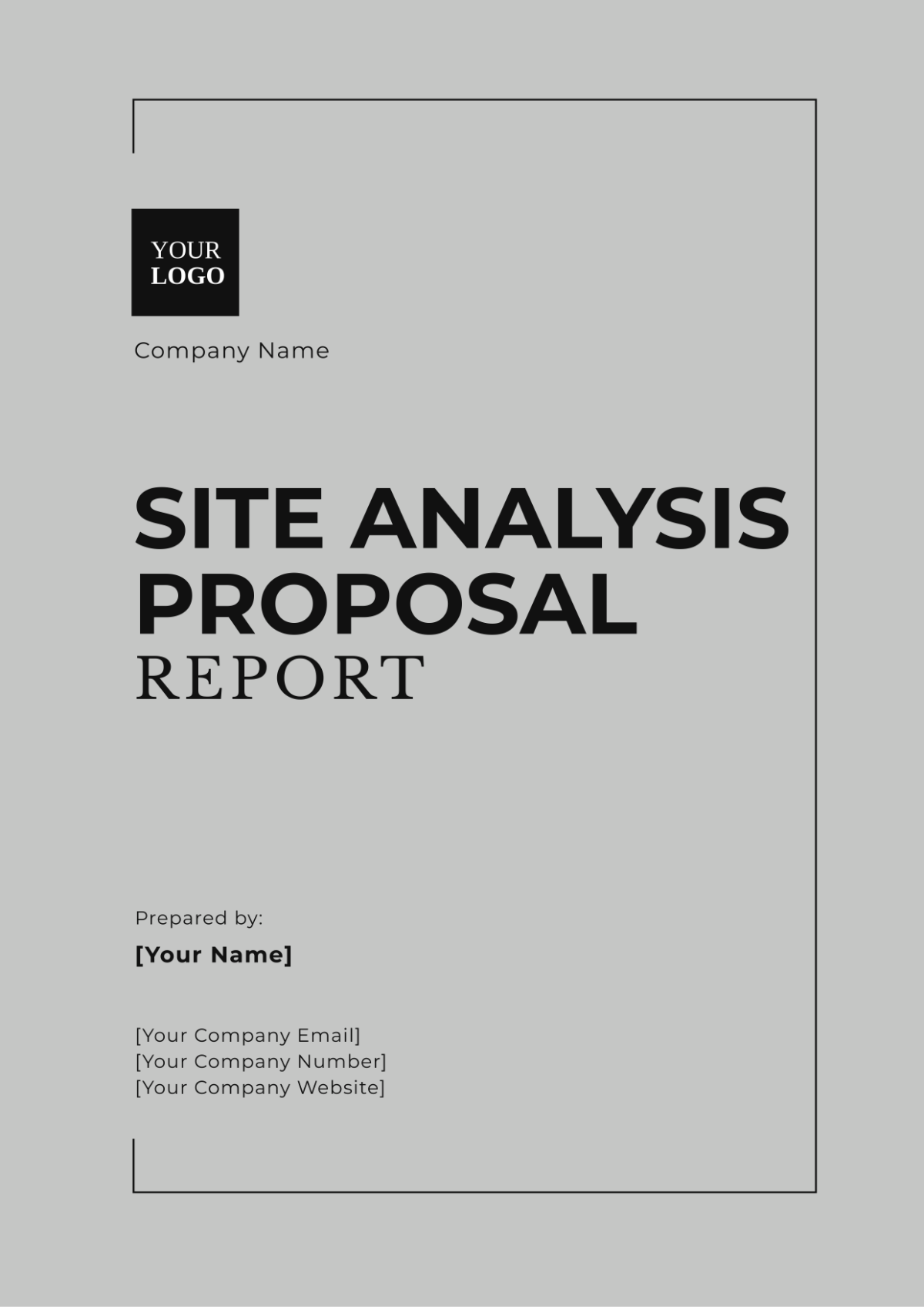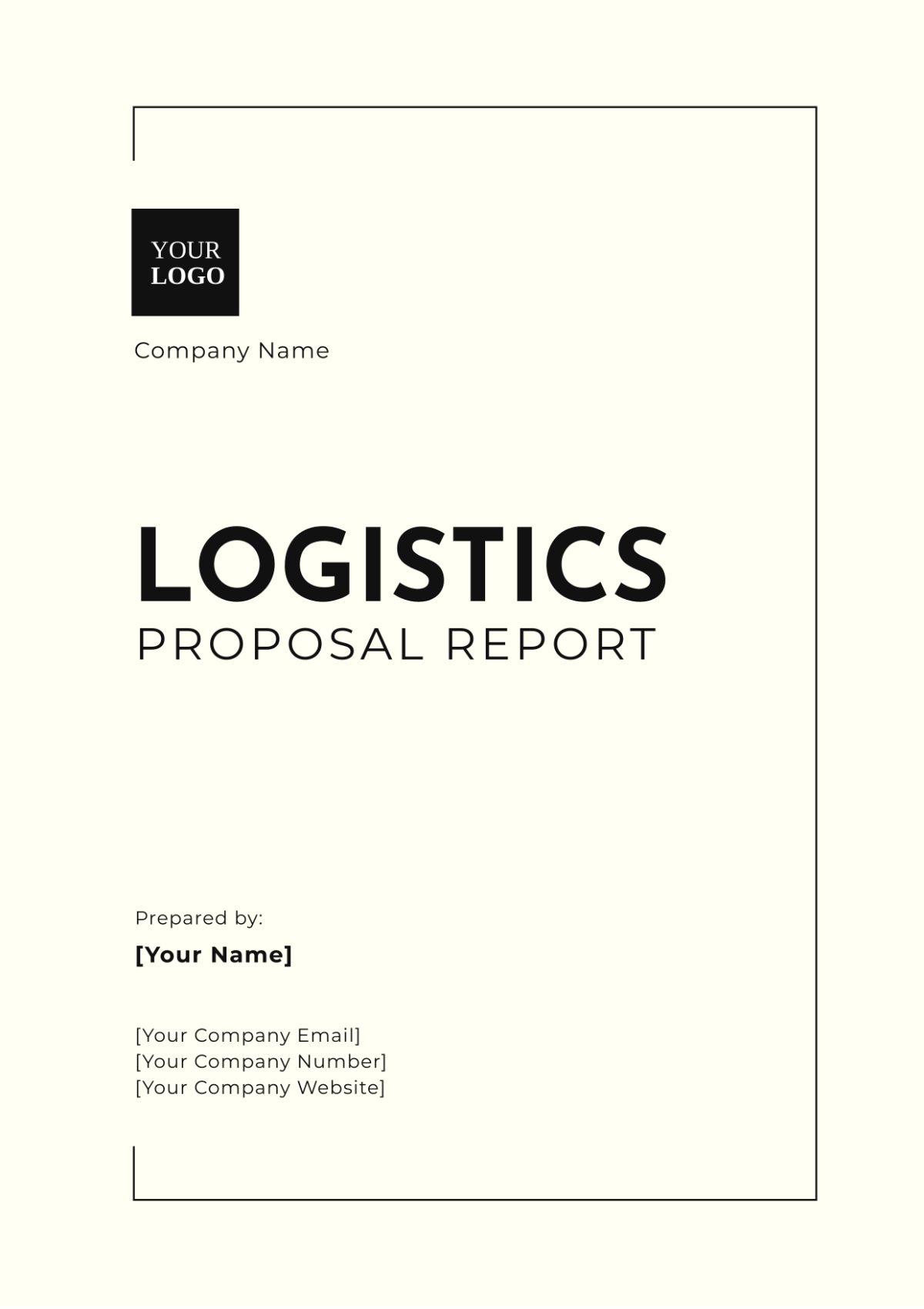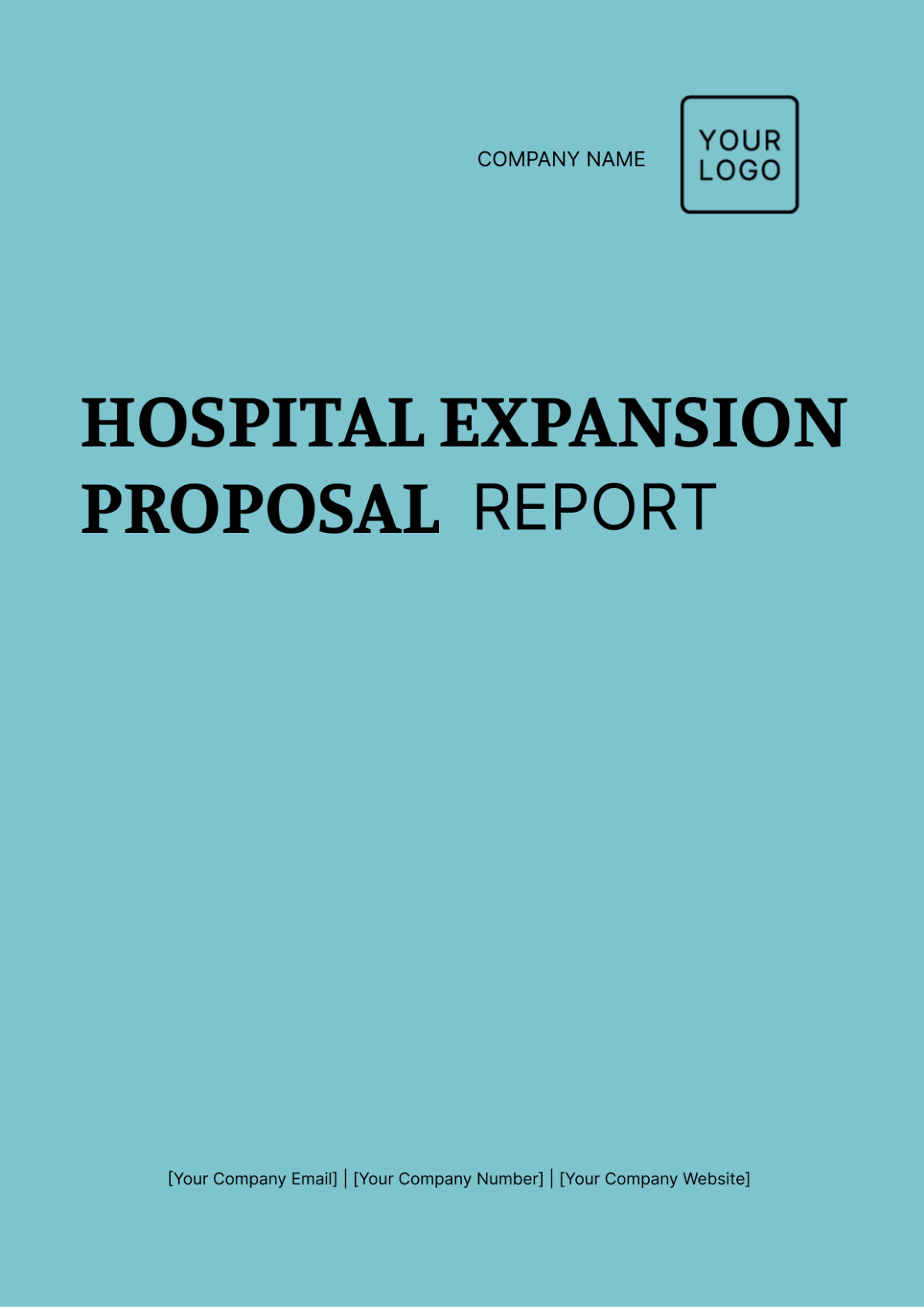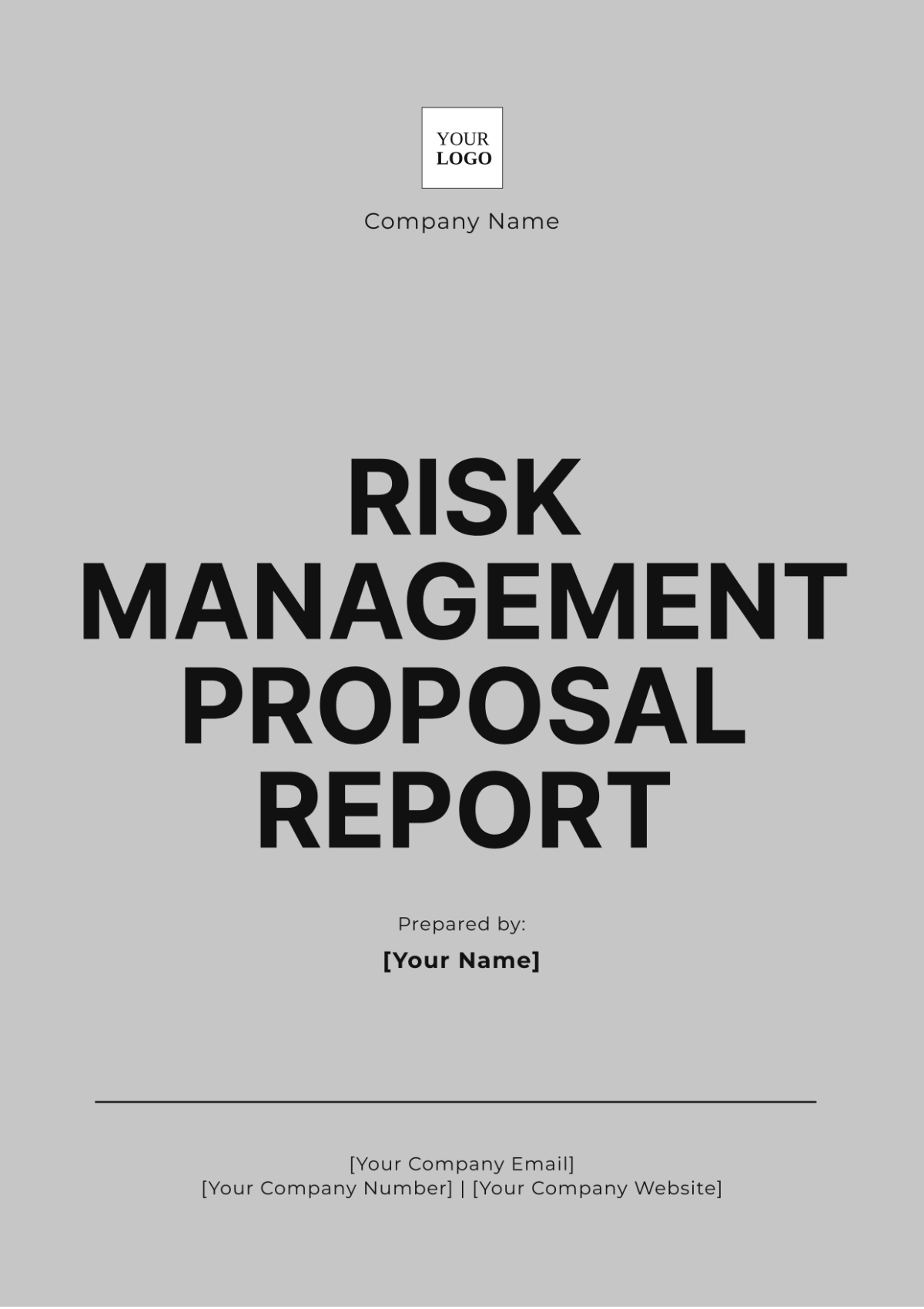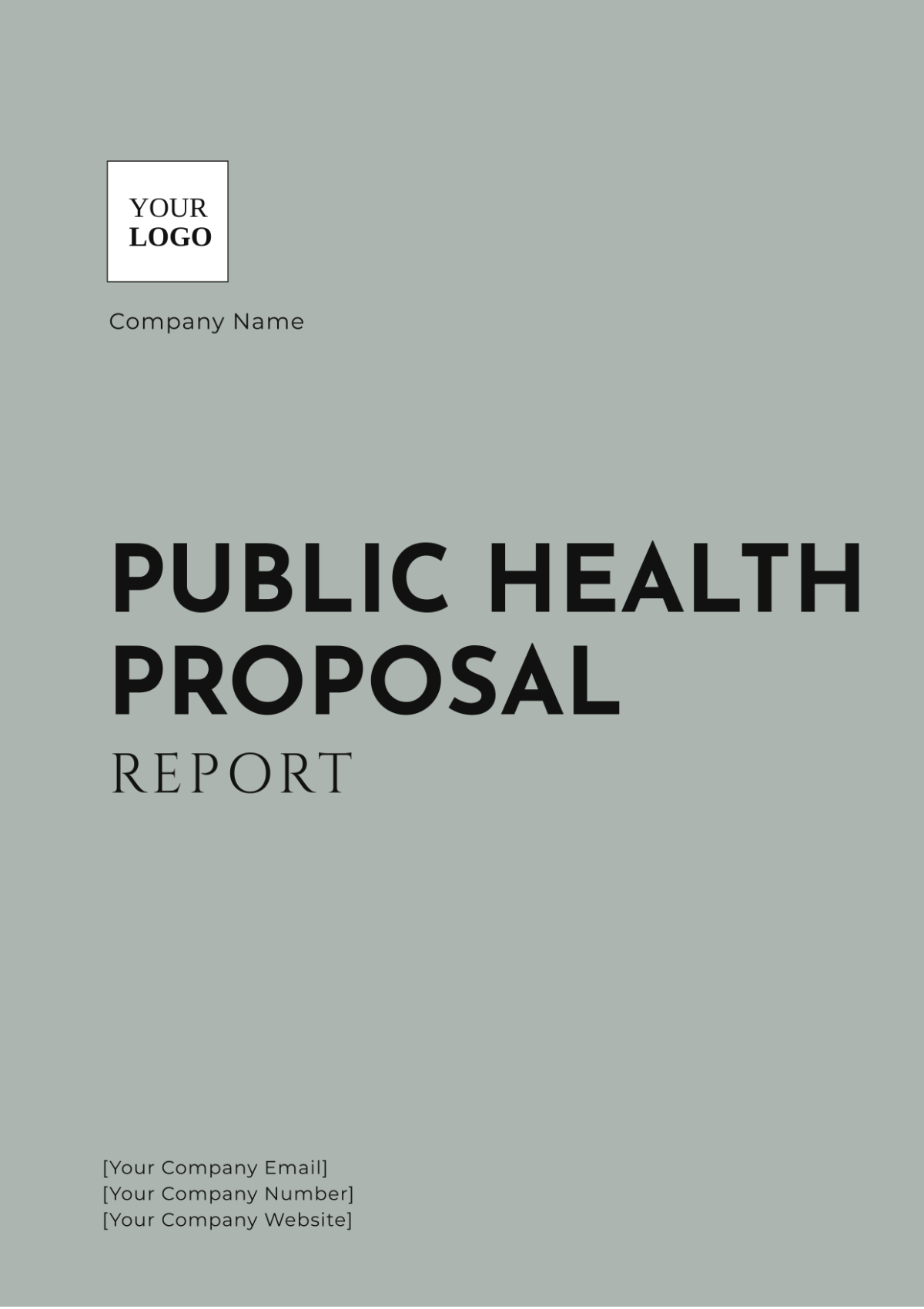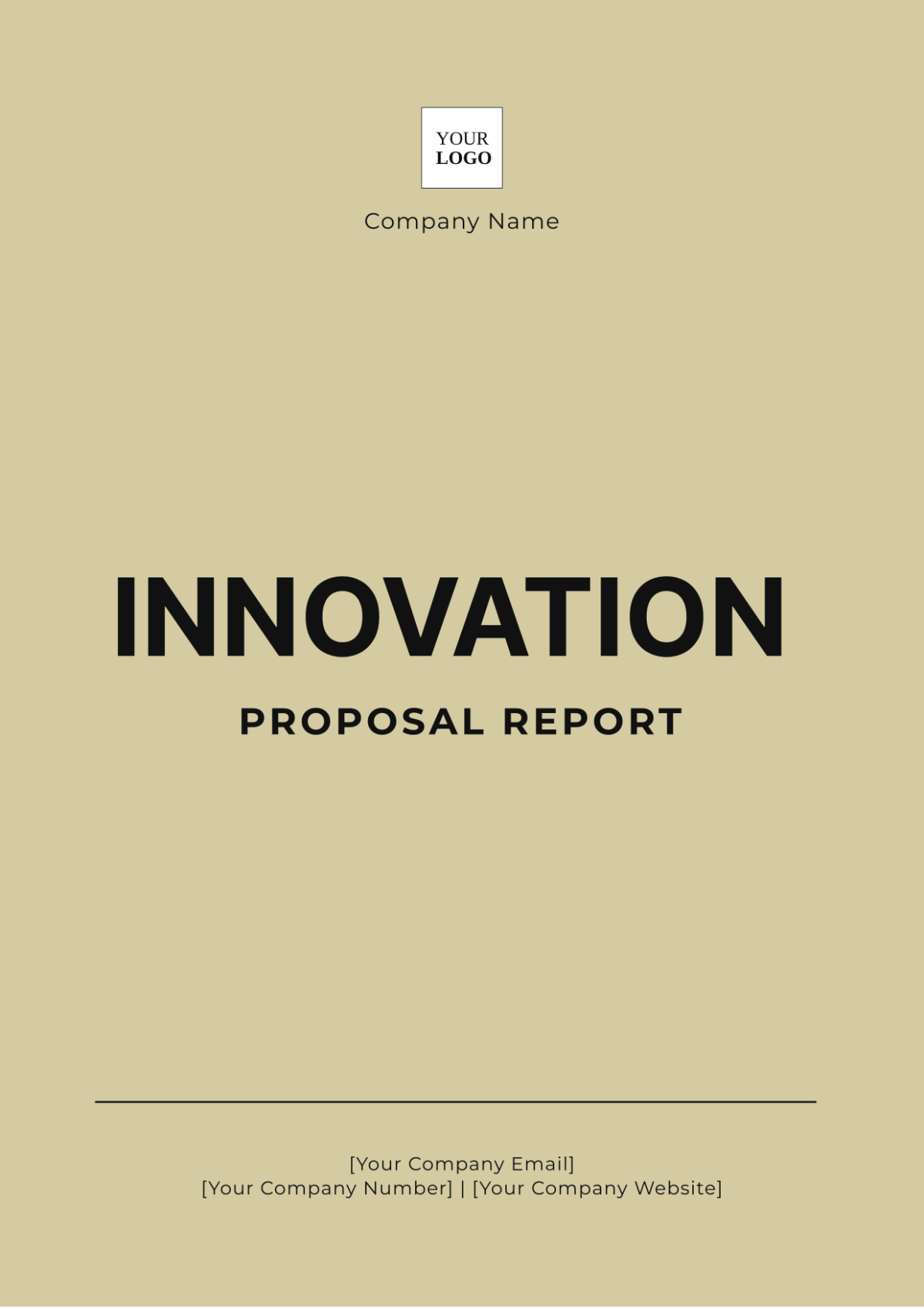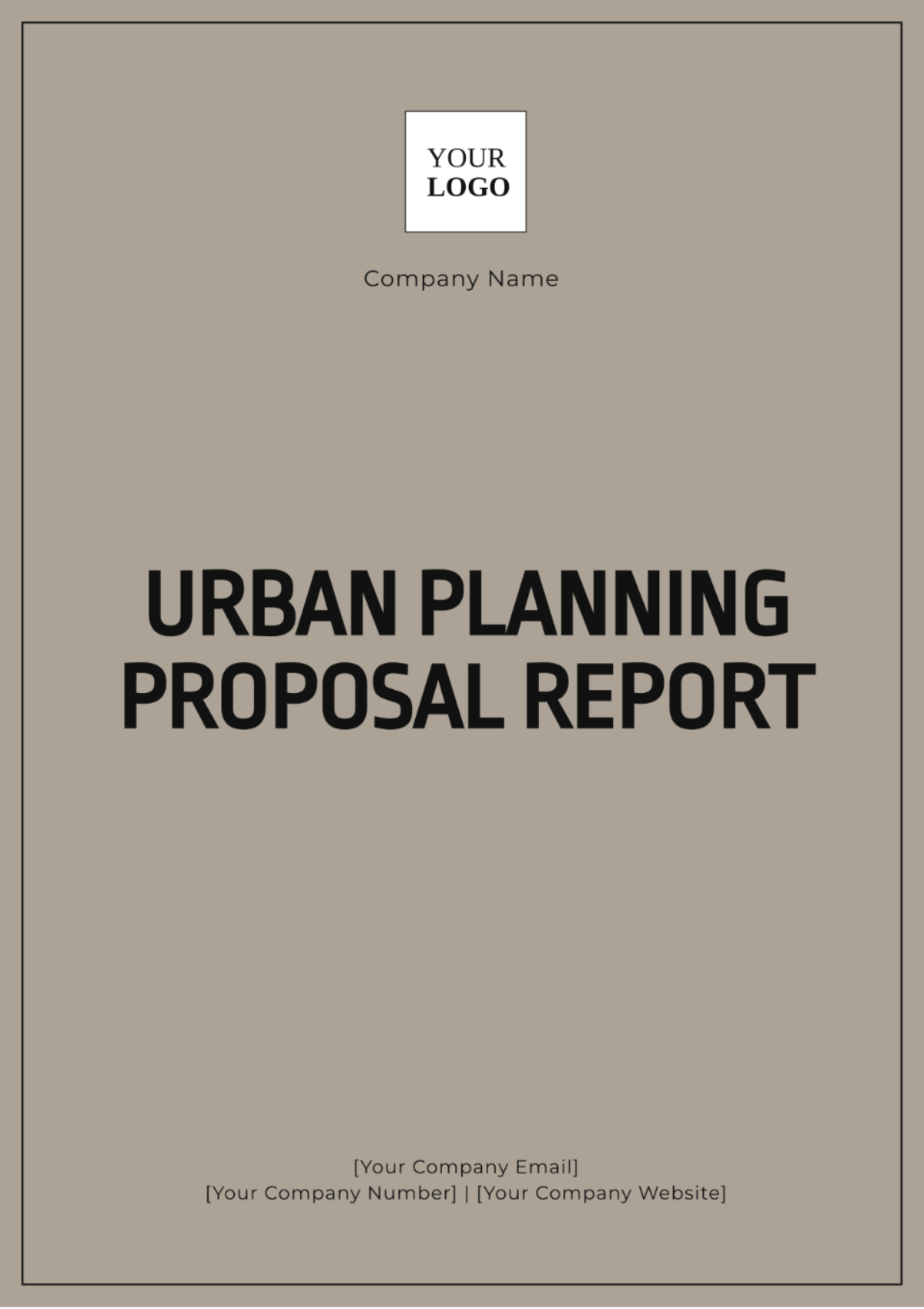Logistics Proposal Report
1. Executive Summary
This Logistics Proposal Report provides a comprehensive plan for optimizing logistics operations for [Your Company Name]. It aims to enhance efficiency, reduce costs, and improve customer satisfaction by leveraging advanced logistics solutions.
2. Introduction
The purpose of this document is to outline a detailed proposal for logistics services tailored to meet the client's specific needs. This report includes an analysis of the current logistics operations, identifies pain points, and recommends solutions to address these issues.
3. Current Logistics Operations Overview
3.1 Existing Workflow
The current logistics workflow involves several steps from order receipt to delivery. Below is a summary of the existing process:
Order receipt and processing
Inventory management
Warehouse operations
Transport management
Delivery and distribution
3.2 Challenges Identified
The analysis of the current logistics operations has identified the following challenges:
Inefficient inventory management
Delayed order processing
High transportation costs
Inconsistent delivery times
Limited use of technology in warehouse operations
4. Proposed Logistics Solutions
4.1 Inventory Management System
Implementation of an advanced Inventory Management System (IMS) to optimize stock levels, reduce surplus, and avoid stockouts.
Real-time inventory tracking
Automated reorder points
Enhanced stock visibility
4.2 Warehouse Management System
Introducing a modern Warehouse Management System (WMS) to improve warehouse operations.
Automation of manual tasks
Optimized storage solutions
Improved picking and packing efficiency
4.3 Transport Management System
Deploying a Transport Management System (TMS) to streamline transportation and reduce costs.
Route optimization
Carrier selection and performance tracking
Real-time shipment visibility
5. Implementation Plan
5.1 Phase 1: Planning
Detailed planning and stakeholder consultation to ensure alignment with business objectives.
Define project scope and objectives
Identify key stakeholders
Develop a project timeline
5.2 Phase 2: Execution
Execution of the proposed solutions with regular progress reviews.
System configuration and customization
Employee training and support
Pilot testing and data validation
5.3 Phase 3: Monitoring and Optimization
Ongoing monitoring of logistics operations and continuous improvement.
Performance tracking
Regular feedback and adjustments
Scalability planning
6. Cost Analysis
A detailed cost analysis of the proposed logistics solutions is provided below:
Component | Cost | Notes |
|---|---|---|
Inventory Management System (IMS) | $50,000 | One-time implementation cost |
Warehouse Management System (WMS) | $70,000 | Includes hardware and software |
Transport Management System (TMS) | $40,000 | Annual subscription |
Total | $160,000 |
7. Conclusion
The proposed logistics solutions aim to transform the current operations into a more efficient and cost-effective system. By implementing advanced IMS, WMS, and TMS, the business can expect significant improvements in inventory management, warehouse operations, and transport management, leading to enhanced customer satisfaction and scalability for future growth.

